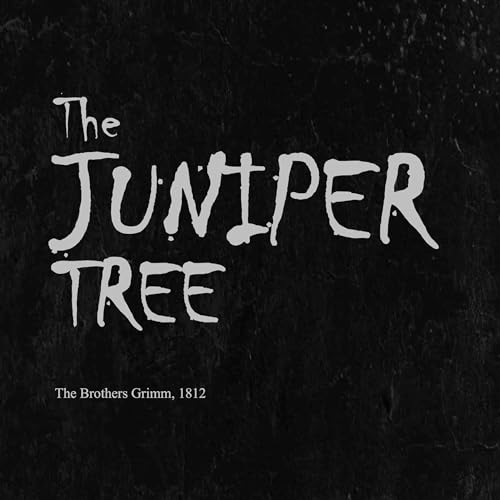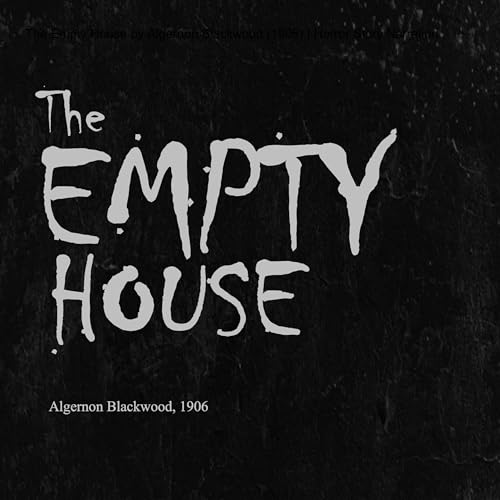DEFINITELY NOT FAMILY FRIENDLY CONTENT!
A nugget about the authors:
Jacob and Wilhelm Grimm were no strangers to the real-life horrors of death and poverty. Three of their siblings died in infancy. Their father died before the brothers were 12 and their grandfather died two years later. Being the oldest surviving children in the family, they had to assume the role of grown-ups -- no easy feat in the 17 and 1800s.
While they had some support from their Aunt, they were still extremely impoverished. They learned to become industrious and worked hard to earn excellent marks. But being poor would haunt them for a significant portion of their lives. At school and university they were deemed as "inferior" and of "low social status", and were denied the academic privileges that richer students enjoyed purely because of their social standing. This, however, forced them to bolster their work ethic -- which earned them the attention of professors, who in turn encouraged them to pursue medieval German literature and along with it, folklore.
While their studies were hindered by illness and a dire need for jobs to feed the family, their occupations offered them some time to pursue their keen interest in languages, literature and story-telling. After much hardship, they published several academic works which were lauded (and helped put more food on the table) and of course the work they are known for today, Grimm's Fairy Tales. Known otherwise as Children's and Household Tales, they were deemed too violent and sexual. Not exactly family friendly content, as those folk tales were taken from the stories passed down from generation to generation through oral story-telling from times when life was more unforgiving. Nevertheless, they rewrote, edited and re-published them several times to cater to a wider audience.
There are those who say that the Grimm Brothers published those ancient folk-tales to preserve them, but others believe that working on those stories were helping them come to terms with the harsh fate they grew up with.
Perhaps, almost for the same reasons why we love horror stories.
If you dare, seek out more of Grimm's Fairy Tales... in all their gory... wherever great tales are sold.
 19 mins
19 mins 20 mins
20 mins 35 mins
35 mins 27 mins
27 mins 1 hr and 6 mins
1 hr and 6 mins 23 mins
23 mins 25 mins
25 mins 44 mins
44 mins
